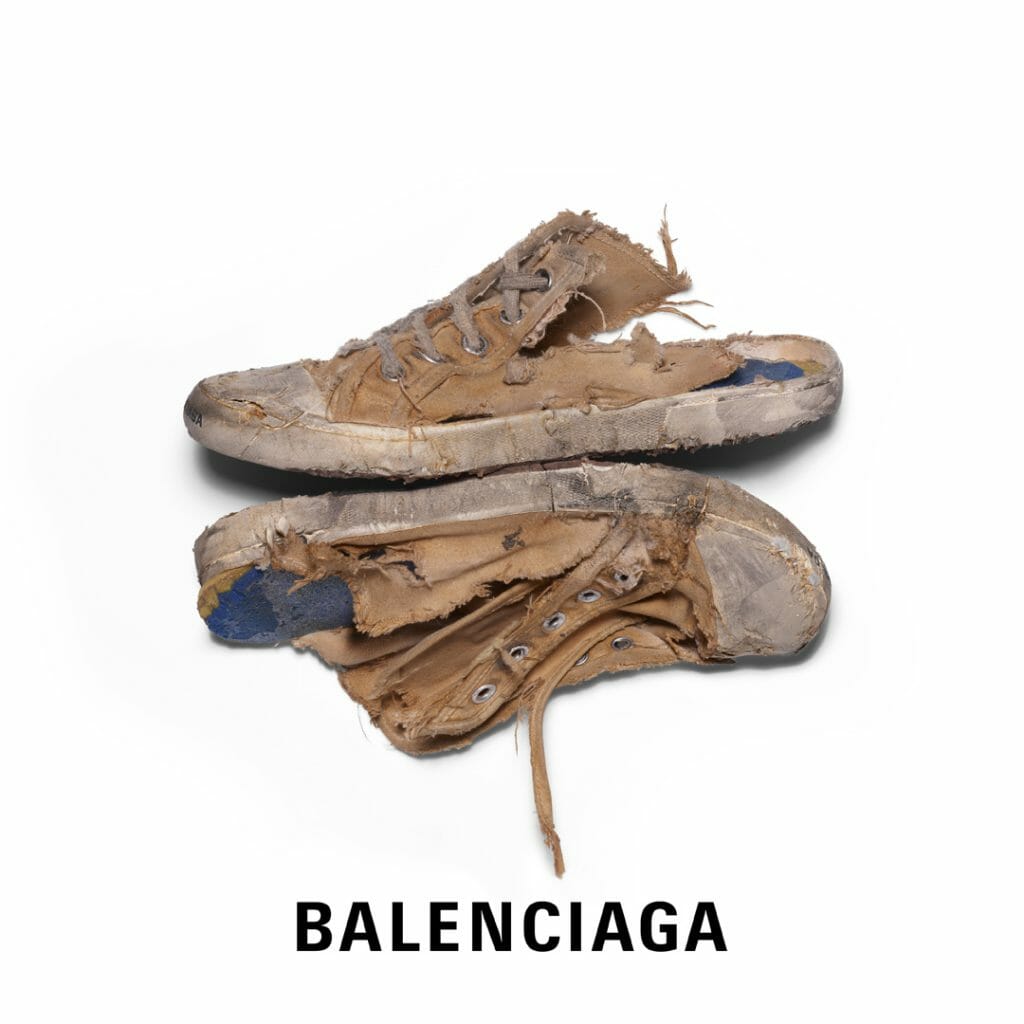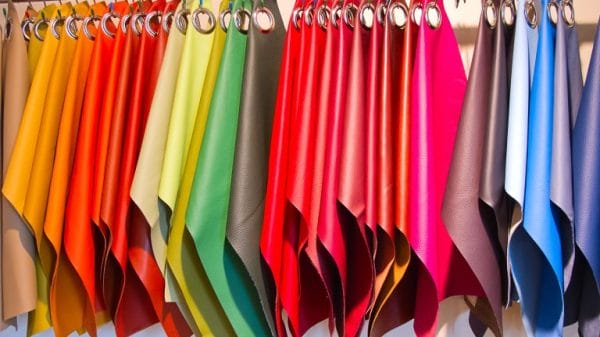For decades Nike Air Max, a tracksuit, and the making of ‘rollies’ were things frowned upon and viewed as staples of being from a council estate. They now appear on the front of international magazines, and tracksuits are plastered to the bodies of models who walk the runways in New York. But when did this commodification of being ‘poor’ happen? The clothes are copied, and the jokes aren’t made toward the wealthy, so why are working-class people still the punchline?
Commodification of Culture
Over the last few years, athleisure wear has been popularized on social media and billboards by the Kardashians and clothing lines by Molly-Mae on Pretty Little Thing. What was once deemed ‘lazy’ and ‘chavvy’ are now being donned by Bella Hadid and other supermodels. Clothing like this is associated with working-class people, who have suffered for years due to classist preconceptions. Commodifying these items of clothing that were once frowned upon only gives off one message. It is fashionable to wear tracksuits and trainers if you’re wealthy, but it’s off-putting and ‘chavvy’ if you are not.
The ‘Poor’ Aesthetic’
The culture of the working-class has been picked up and used by the upper classes. You don’t have to look far in a university to find a trust-fund brat who dresses in puffer jackets and Nike air-max to appear poorer than they are because it is the new ‘cool.’ These garments that are famous for their accessibility and popularity amongst the working class are now worn by people who have never stepped foot on the curb of a council estate.
Of course, this is not to say people are not free to dress how they want. But it must be acknowledged how the ‘poor’ people that are the original wearers of these clothing items are still being cast aside and denied opportunities because of their style. People turn their noses up at Mandy, a single mother from Middlesbrough, smoking a ‘rollie’ in a tracksuit at a bus stop. Yet, Olivia, from Stoke Newington, can roll a cigarette at the bus stop with her £800 trainers and Lipsy tracksuit on because she is on her way to her parents’ comfy private estate. The double standards are jarring.

The Monetization of Culture from Designer Brands
Making things that were ‘poor’ and ‘scruffy’ now fashionable is nothing more than a reinstatement of the class system that dominates the UK so vehemently. Gucci’s collaboration with Adidas, a brand worn and popularized by the working class, now sells trainers and tracksuits for over £500. People may be turned away from job interviews because they couldn’t afford better shoes. Still, Balenciaga wants to profit off what they call ‘a fully-destroyed pair of sneakers’, selling them for an extortionate £1,568. Multi-millionaires are profiting off the monetization of a culture scrutinized and disrespected daily. Puma’s 2018 campaign, ‘House of Hustle’ is the most infamous example. The brand threw a party that was ‘council-estate inspired,’ with slang-filled invitations, a burner phone, fake £50 notes, and suspicious business cards. Companies will aestheticize these cultures and package them for profit but want nothing to do with the problems that come with this culture they glamourize.
Posing as Poor
One of the blueprints for this new mainstream working-class aesthetic is celebrities who want to appear poor yet are far from it. Lily Allen and Jamie T are the ones spoken about the most, often being named private school kids who sing about the struggles they never had to face. Jamie T went to a private school, and Lily Allen is the daughter of a film producer and actor. Yes, they may have gone through struggles, and Lily Allen may have briefly lived on a council estate in her childhood but this does not mean that these people are working-class.

Wear the clothes but not the label
It’s ‘fashionable’ to wear tracksuits and trainers. It’s ‘cool’ to change how you speak, so you appear more ‘common.’ These things are only enjoyable for those who do this because it’s like Halloween. They get to dress up and take their costume off when they want to. They can dip their toe into the culture but take it out when it no longer suits them. Working class people do not have this luxury, and that is the problem.

Conservative governments have strived to make life more difficult for those less fortunate than some. Conservative MP John Ward notoriously expressed his wishes to ‘sterilize people on benefits’. Boris Johnson showed how out of touch he was with working-class people when he stuttered over the price of bread and milk, getting it wrong and then stating nonchalantly that he didn’t know. This is the same man who labeled working-class men ‘drunk, criminal, aimless, feckless and hopeless’. These people are in charge of the country. People in charge of figuring out a living crisis that is the worst economic disaster since the Great Depression. Conservative MP Rachel Maclean responded to this crisis by telling people to ‘work longer hours’ or ‘move and get a better job’. Being far-removed is an understatement and this puts into perspective just how frustrating it is to have wealthier people want the aesthetic of the clothes but not the struggles that the government puts them through.
Being wealthy and wanting to appear ‘poor’ may be the new trend, but we must note that these people are reaping the benefits of a system that actively turns against the people they want to dress like.
The tracksuits may be fashionable, but the struggle to afford to live may not be so aesthetically appealing.













